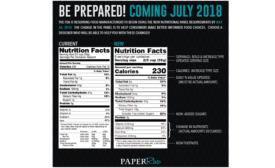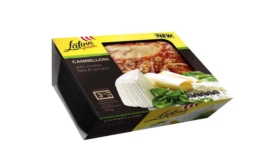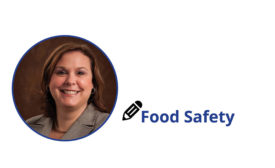Operations
Improving snack and bakery facility efficiency for increased profit
Streamlining snack and bakery facility efficiency can help companies reduce energy usage, improve food safety, boost throughput and save money.
November 20, 2017
Chobani Expands Idaho Innovation Center
New facility to deepen company's commitment to employees, local communities and the future of US manufacturing
November 13, 2017
A step change in digital sorting
As technology evolves, there are times when changes are incremental and times when step changes occur in a way that massively disrupts the status quo. Digital sorting has recently experienced such a step change.
November 9, 2017
Never miss the latest news and trends driving the food safety industry
eNewsletter | Website | eMagazine
JOIN TODAY!Copyright ©2025. All Rights Reserved BNP Media.
Design, CMS, Hosting & Web Development :: ePublishing











